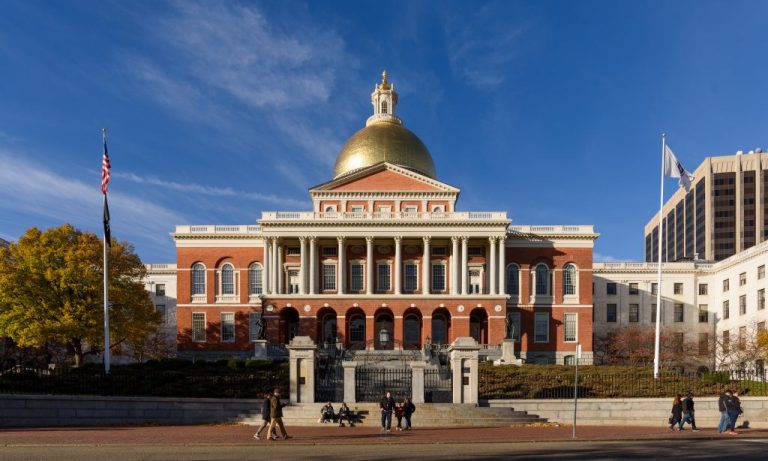Do Millionaire Surtaxes Lead To Millionaire Exodus?
November 2025 marks the three-year anniversary of Massachusetts voters approving a four percent surtax on annual incomes above $1 million.[1] The ‘Fair Share’ amendment has been a reference for New York City mayor-elect Zohran Mamdani, who has called for an additional 2% tax on city incomes over $1 million to fund his affordability agenda. Predictably, critics make gloomy prophecies of economic blight and elite exodus: Bill Ackman and 26 other billionaires spent big on Mamdani’s opponents, the Cato Institute called his tax plans ‘wishful thinking,” and Andrew Cuomo threatened to depart for Florida.















